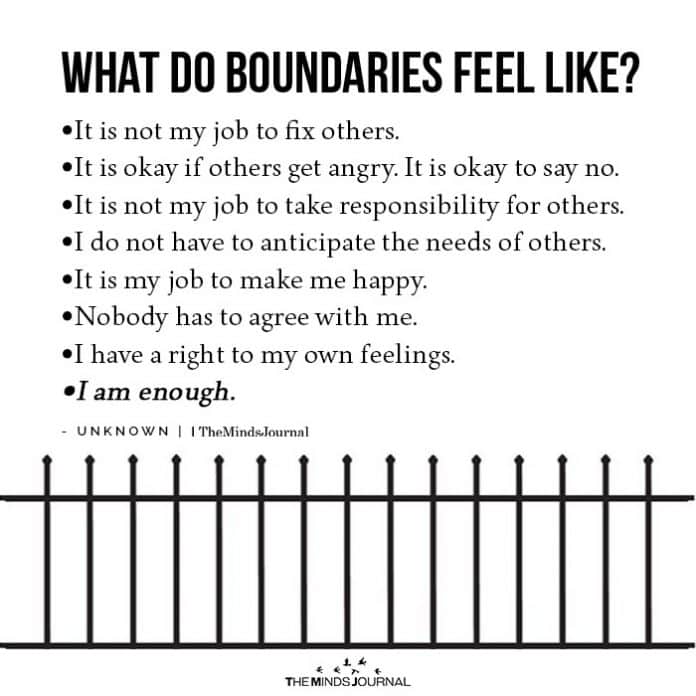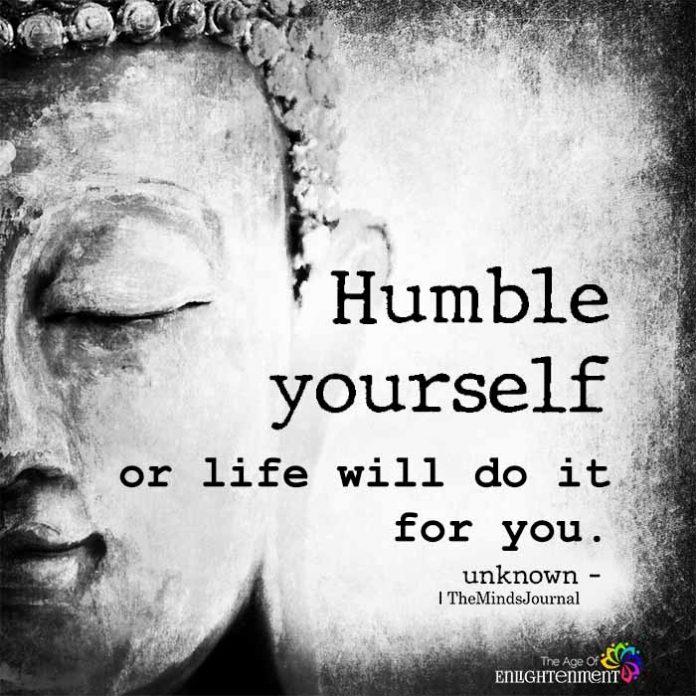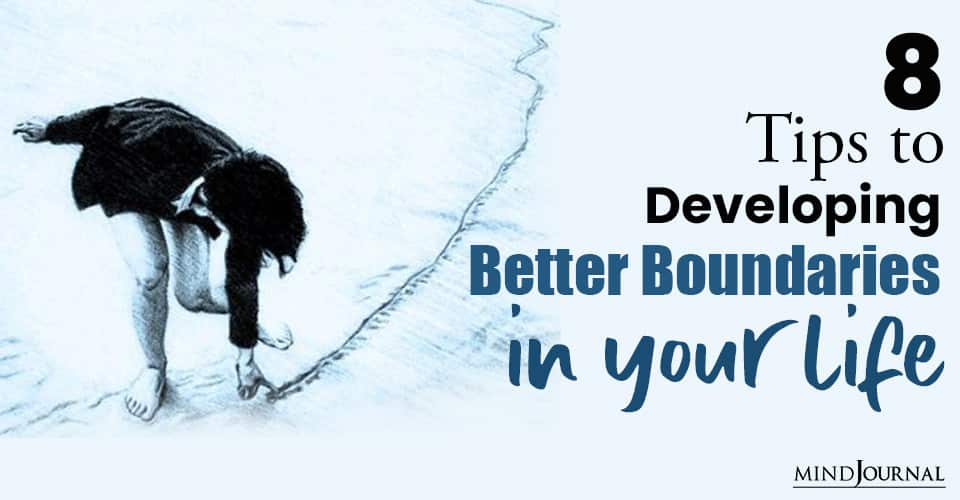Boundaries have, for some time now, been elevated and promoted as a necessity to high-performance and productivity. By setting boundaries, people are allowed to focus on whatever they want and ensure a greater likelihood of achieving it. However, a life of boundaries, high-performance, and productivity are not solely for the Type-A high-achiever. Boundaries in life are for everyone.
Boundaries are for everyone because everyone is a performer, and everything we do can either be productive or not. We are all performers in the sense that we all have roles, relationships, and responsibilities. In all three, we can either be “performing” well or not-so-well.
For example, you can be a great friend, a good friend, or an okay friend. A high-performance friend then is most likely someone loyal, who listens, and who loves well. Likewise, In many of our activities, whether it is going on vacation or having a meal with a friend, these activities can be highly productive or not.

In every aspect of life, we should strive to be high-performing and highly-productive. From home to work, people should receive our best. Whether it’s a vacation or lunch, you should be able to confidently say, “that was productive!”
Here are 8 tips to developing better boundaries in your life:
1. Make a plan and stick to it
We often say yes to or get distracted thinking about things we shouldn’t, because we didn’t have a plan. We had a vague plan to do these things and then said yes to something else, thinking we can do them later. Unfortunately, that time later was supposed to be used for something important.
“Boundaries define us. They define what is me and what is not me. A boundary shows me where I end and someone else begins, leading me to a sense of ownership. Knowing what I am to own and take responsibility for, gives me freedom. Taking responsibility for my life opens up many different options. Boundaries help us keep the good in and the bad out.” – Henry Cloud
2. Focus on purpose over the present
It is said that if everything is necessary, then nothing is important. If you do not have a purpose, a list of priorities, it will be tough to decide what to do. To be highly-productive, you will have to be highly-purposeful.
Focus on your purpose over your present (urgent but not important demands). For example, if you want to be a great friend, remember that being a good friend means being attentive and present to them. Hopefully, that will stop you from checking your phone.
Related: Personal Boundaries: 9 Core Boundaries To Live By
3. Have a social bubble
For all you extroverts out there who can’t say no to social interaction, make social bubbles. To fight the pandemic, governments have encouraged its people to have a bubble, a small group of people they commit to only seeing indoors.
However, you likely have many people you wish to go for a walk with or even call. Consider having another bubble of people you only go for walks with and one for people you Zoom. By doing this, you can maintain social interaction and time toward your main priorities.
4. Set limits
Maybe you don’t like planning or can’t do it for everything. Instead, trying setting yourself limits to things. Limit the number of walks and meals you have and the time spent eating or on a screen. Have a limit to how many people you see each week or how many day trips you have a month.
5. Make a mess
Suppose you are super focused on getting your priorities done. In that case, you may discover that whatever is at the bottom of the priority list doesn’t get done – things like vacuuming the floor, cleaning the dishes, and cooking.
To become exceptionally productive, you will have to let some things slide. Don’t do the dishes every time or even every day. Don’t cook every meal and meal-prep instead.
6. Humble yourself

You are not that important. The world and the happiness of people do not rest on your shoulders. If you remember these two truths, you will find it easier to say no to people’s demands.
One of the reasons we say yes too often is because we think the world will end if we don’t. We must get it into our hearts and bones that is not the case at all.
“Boundaries are a part of self-care. They are healthy, normal and necessary.” – Doreen Virtue
7. Schedule it for later
For some people or things, you shouldn’t say no but only later. “I can’t hang out this weekend, but how about the next?” Maybe someone asks you for help at work. First, ask if it has to be addressed now, and then ask if you can get back to them later that day or even the next.
Related: Healthy Boundaries: How To Protect Your Personal Space
8. Be a coach
Sometimes people come to you for questions—about work or life. As a talker, you love to give your opinion and to give them advice. Restrain yourself. Instead, ask them some questions to help them find a solution for themselves. Or, challenge them to seek a solution on their own. Tell them to watch that helpful video on youtube or read that insightful book.
Boundaries are challenging because most of us like to say yes. Many of us have been taught to be flexible and attentive to others and judge those who are not. What anyone who struggles with boundaries in life must remember at the end of the day is that by saying no to things, you are saying yes to the important things. And when you give the necessary time to those important things in your life, your life and the lives of those dearest to you, get better.
Written by: Ryan Lui
Originally appeared on Addicted2Success










Leave a Reply